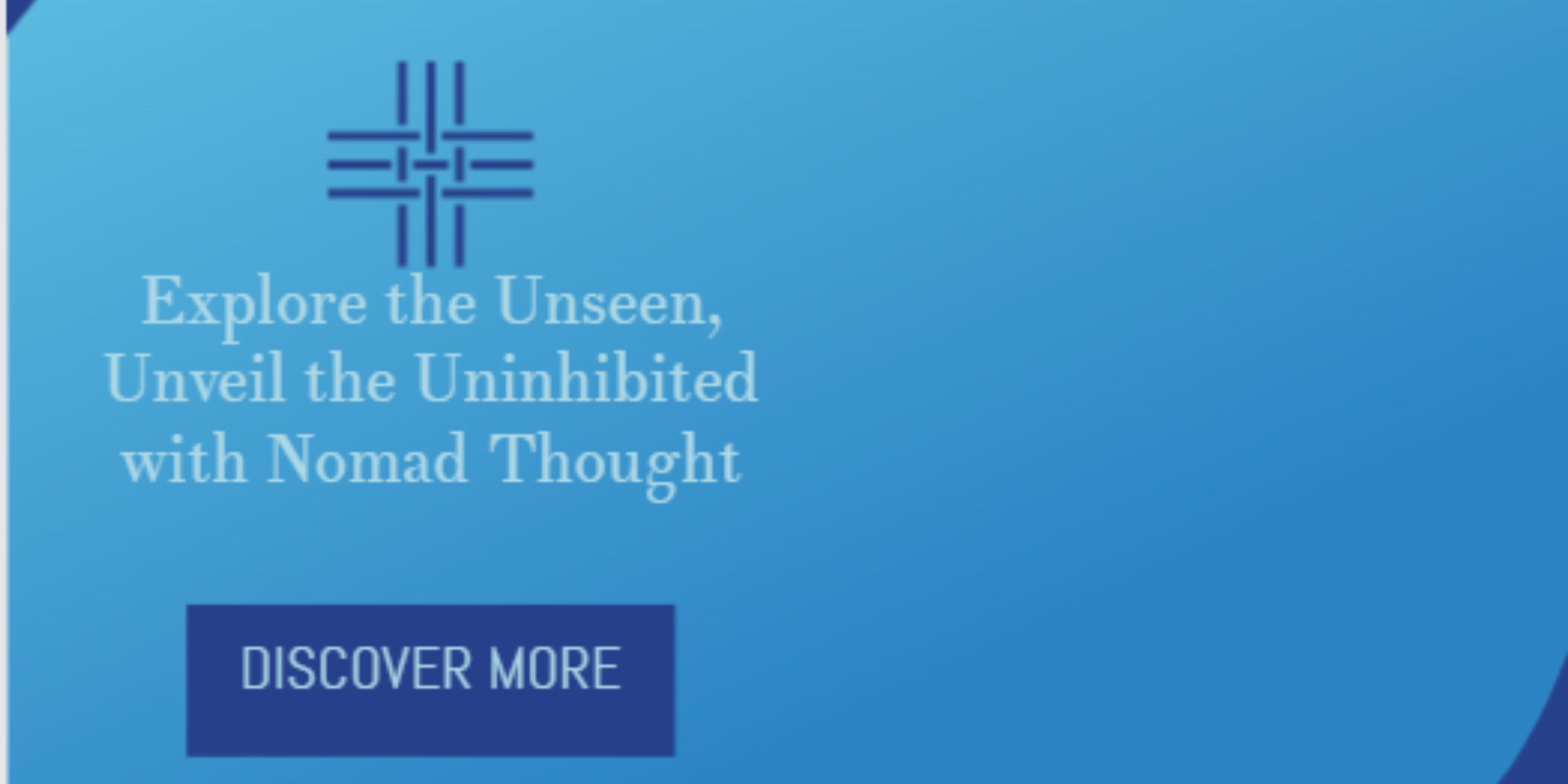
Bukhan Purvan Zayabat
Explore Nomad Thought Adventures
Discover Nomad Land, a magical realm where children and animals explore the ideas of Gilles Deleuze. Embrace change and celebrate diversity in this enchanting world.
My offers
- Bukhan Purvan ZayabatSingle payment$17.00 lifetime
- Discover a magical world with unique characters and thrilling adventures.
- Explore the concepts of Deleuze's philosophy through storytelling.
- Inspire young minds with tales of diversity, change, and growth.
- Bukhan Purvan ZayabatSingle payment$17.00 lifetime
- Engaging stories exploring self-care and personal freedom.
- Discover the philosophy of Nomad Thought in a fun way.
- Meet diverse characters on transformative journeys.
- Free People: Bukhan PurvanSingle payment$27.00 lifetime
- In-depth exploration of nomad philosophy and its practical applications.
- Strategies for achieving personal autonomy and self-governance.
- Holistic approach to self-care as an act of love and empowerment.
- Bukhan Purvan Zayabat KidsSingle payment$28.00 lifetime
- Engaging stories that promote creativity and self-discovery.
- Introduction to rhizomic thinking and nomad philosophy.
- Diverse characters showcasing unique talents and perspectives.
- Bukhan Purvan ZayabatSingle payment$35.00 lifetime
- In-depth exploration of Nomad Philosophy and its applications
- Access to exclusive content on self-cultivation and self-care
- Insights into decentralized governance and networked collaboration
See what other people are saying
I very much enjoyed reading Free People: Architects of Their Lives by Bukhan Purvan Zayabat. It is an intellectually stimulating work that delves into the philosophy of self-cultivation, self-governmentality, and self-care framed as acts of love. The book is an ambitious attempt to empower individua...
Here's what you'll get
- ContentExplore insights on Nomad Philosophy and personal freedom
- FilesAccess exclusive files and templates on Nomad Thought.
- ContentAccess expert content that will keep you informed.
- Affiliate LinksDiscover unique affiliate links for Nomad Philosophy enthusiasts

Learn about me
I've always been captivated by the power of stories to transform lives. With Kids Adventures in Nomad Thought, I aim to introduce young minds to the intriguing world of Deleuze's philosophy, encouraging them to think differently and embrace the beauty of diversity and change.
Who this is for
- Young ExplorersCurious kids eager to embark on magical adventures and learn about the wonders of a diverse world.
- Parents and EducatorsSeeking engaging stories that teach children about philosophy, diversity, and embracing change.
- Philosophy EnthusiastsInterested in introducing Deleuze's ideas to the younger generation through enchanting tales.
Pricing
- Discover a magical world with unique characters and thrilling adventures.
- Explore the concepts of Deleuze's philosophy through storytelling.
- Inspire young minds with tales of diversity, change, and growth.
Frequently asked questions
Reviews
I very much enjoyed reading Free People: Architects of Their Lives by Bukhan Purvan Zayabat. It is an intellectually stimulating work that delves into the philosophy of self-cultivation, self-governmentality, and self-care framed as acts of love. The book is an ambitious attempt to empower individua...
